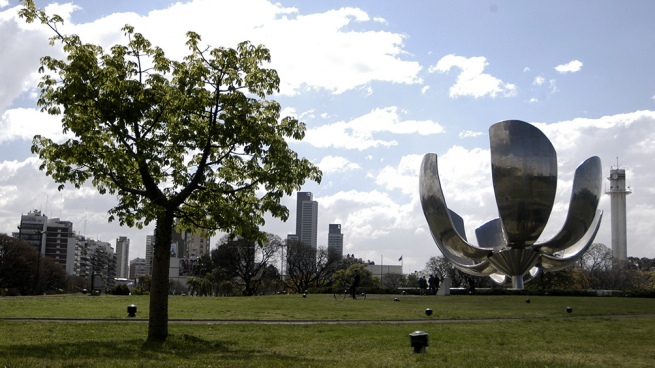China’s Ministry of Transportation will focus on solving outstanding supply chain issues in “key areas” such as Shanghai. This was explained this Tuesday by the director of the Road Department of the Chinese Ministry of Transport, Wu Chungeng, quoted by the news portal Sohu.
Due to “pandemic prevention measures” in traffic, “logistical jams” have occurred, Wu said, referring to the mobility restrictions set by different Chinese local governments as a result of the outbreaks recently registered in various parts of the country, the largest scale since the pandemic began.
Wu mentioned “the establishment of unreasonable checkpoints” on transportation routes, which he described as “illegal” in some areas, and the “obvious congestion at expressway entrances and exits.”
The official recommended to the local transport authorities, especially “those in the provinces of the Yangtze River Delta”, one of the economic centers of the country and the area in which Shanghai is located, that they “carry out a reflection and a correction”. and to “completely remove” “unreasonable” pandemic prevention stations.
China and its plans for Shanghai
Among the priorities of the Ministry of Transport in the short term, Wu mentioned “accelerating the promotion and use of nationally recognized passports to ensure a uniform format and national mutual recognition”, in the face of the problems caused by the variety of “covid passports”. of the different Chinese territorial divisions that hinder logistics at provincial borders.
To speed up transportation, Wu announced that truck drivers’ covid passports will not reflect their passage through places that have medium or high risk areas as long as they have spent less than four hours there.
“To guarantee its operations, the port of Shanghai arranged in advance for 25,000 workers to access the facilities to work under a closed management system (also called a “bubble” and which implies the internment of workers),” Wu explained in reference to a possible logistics crisis caused by the confinement of the eastern metropolis of Shanghai, which has already lasted for more than two weeks.
The director assured that “the mooring of ships in the port of Shanghai – one of the busiest in the world – has been relatively normal since last week.”
The Chinese economy grew more than expected (4.8%) in the first quarter, but some analysts warn that the strict confinement in Shanghai and the restrictions that are multiplying in various parts of the Asian giant could have a significant impact on performance of the official figures during the second quarter of 2022.
Beijing remains entrenched in its zero tolerance strategy against the coronavirus due to the success of confinements, massive tests and the almost total closure of borders in the face of past outbreaks caused by variants prior to omicron.


















